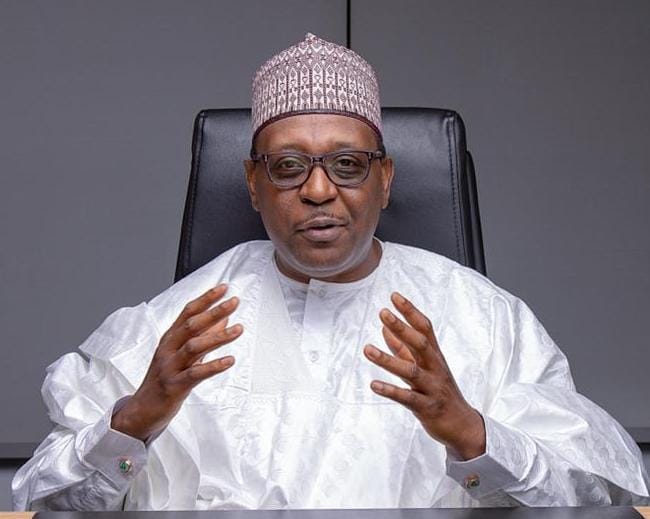In a decisive move to bolster Nigeria’s healthcare infrastructure, the Federal Executive Council (FEC) has sanctioned a substantial $1.07 billion investment aimed at comprehensive health sector reforms under the Human Capital Opportunities for Prosperity and Equity (HOPE) programme. Concurrently, the council has earmarked N4.8 billion for the procurement of 150,000 HIV treatment packs, reinforcing the nation’s commitment to combating the virus.
Strategic Financial Backing
The financial package comprises two concessional loans of $500 million each from the World Bank’s International Development Association (IDA), supplemented by a $70 million grant from various international partners. This infusion of funds is poised to address critical gaps in healthcare delivery and governance across the country.
Minister of Finance and Coordinating Minister of the Economy, Wale Edun, highlighted the significance of this investment, stating that it aligns with the administration’s agenda to enhance human capital development. “This financing will support the recruitment, training, and retention of healthcare workers and teachers at the subnational level,” Edun remarked.
Enhancing Primary Healthcare Services
Coordinating Minister of Health and Social Welfare, Prof. Muhammad Ali Pate, elaborated on the allocation, noting that $500 million is dedicated to expanding the quality, utilization, and resilience of the primary healthcare system. This includes bolstering emergency maternal and child health services, a critical area in Nigeria’s health landscape.
“The funds will be directed toward improving governance in healthcare and enhancing primary healthcare services nationwide,” Prof. Pate explained. “This initiative underscores the federal government’s commitment to providing life-saving treatment and reducing healthcare costs for vulnerable populations.”
Addressing HIV Treatment Amid Global Funding Shifts
The FEC’s approval of N4.8 billion for HIV treatment comes at a pivotal time, as recent policy changes in the United States have prompted a reassessment of foreign aid allocations, including those for HIV, tuberculosis, and malaria programs.
In response, the Nigerian government has established a multi-ministerial committee comprising representatives from the Ministries of Finance, Health, Defence, and Environment, along with the Nigerian Governors’ Forum. This committee is tasked with developing a transition and sustainability plan to mitigate potential funding disruptions.
“This administration is committed to ensuring that those receiving treatment do not experience interruptions,” Prof. Pate affirmed. “We appreciate the US government’s contributions over the years and remain committed to a constructive partnership while strengthening Nigeria’s healthcare system with domestic resources.”
These strategic financial commitments signal a robust effort by the Nigerian government to fortify its healthcare system, ensuring resilience against external funding fluctuations and enhancing service delivery to its citizens. As the HOPE programme unfolds, stakeholders anticipate significant improvements in health outcomes and overall human capital development across the nation.

